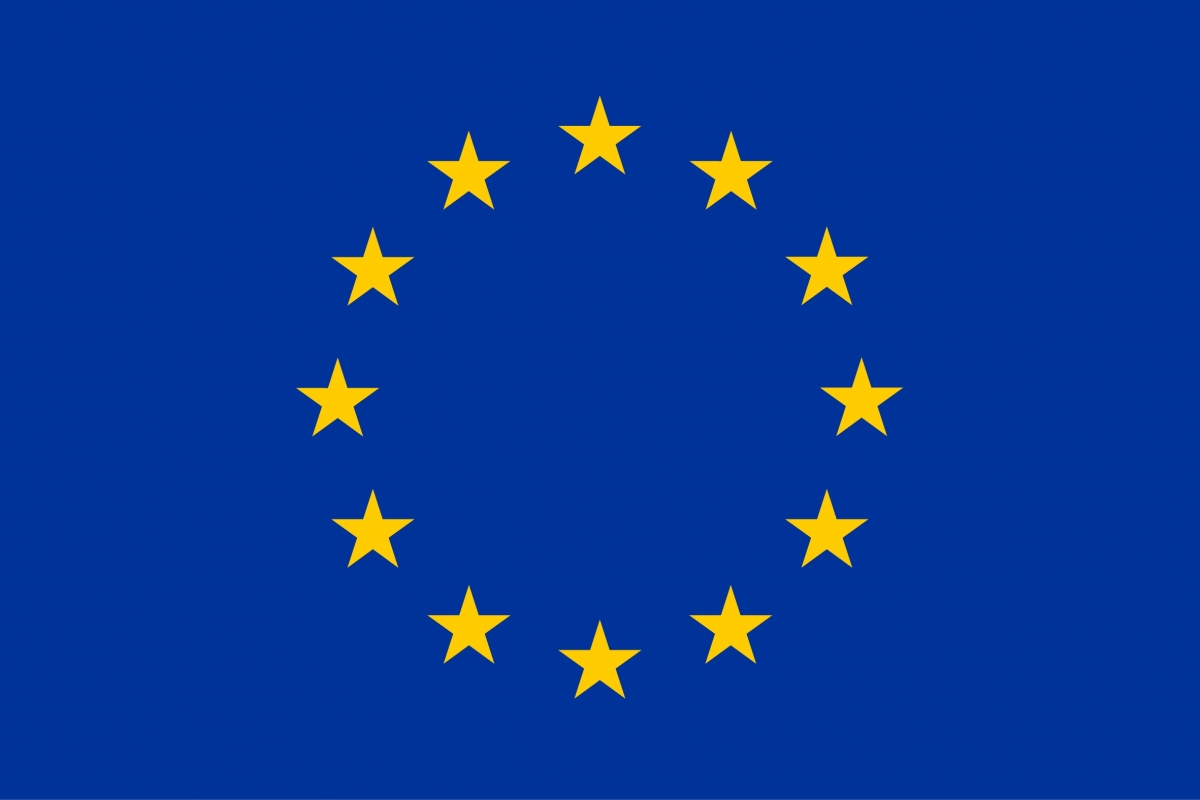 Courses@CRG: Nextflow: Reproducible in silico Genomics
Courses@CRG: Nextflow: Reproducible in silico Genomics

Courses@CRG: Nextflow: Reproducible in silico Genomics
Description
Reproducibility of in-silico pipelines analysis has become one of biology’s most pressing issues. The exponential growth of biological datasets, increasingly complex data analysis methods and the lack of community standards all present major challenges. These obstacles are exacerbated when considering the installation, deployment and maintenance of bioinformatics pipelines across the diverse range of computational platforms and configurations on which these applications are expected to be applied (workstations, clusters, HPC, clouds, etc.).
Nextflow, a novel pipeline development tool by the CRG (Nature Biotechnology 35, 316–319 (2017) – https://www.nextflow.io/) is emerging as an efficient solution to the reproducibility dilemma in omics analyses. By providing a domain specific language (DSL), Nextflow simplifies the writing of complex distributed computational workflows in a portable and replicable manner. It allows the seamless parallelization and deployment of any existing application with minimal development and maintenance overhead, irrespective of the original programming language. Reproduction and reuse and from any former configuration becomes easily apparent, guaranteeing consistent results over time and across different computing platforms.
The aim of this workshop is to bring together Nextflow developers, workflow experts and bio-informaticians to discuss the current state of Nextflow technology, the latest developments and the open questions to tackle the problem of reproducible -omics analyses. Best practices will be introduced using practical examples on how to handle production of large-scale genomic applications for precision medicine.
A hands-on course and a hackathon, organized on the second day will give the attendees the ability to participate and practically contribute to the development of reference genomic analysis workflows along with Nextflow expert developers. Participants will learn how to write a workflow application with Nextflow, how to handle dependencies with containers (Docker and Singularity), to manage software versions with GitHub and how to deploy the computation across different platforms (HPC cluster, AWS cloud).
Organizers
- Paolo Di Tommaso CRG, Spain)
- Cedric Notredame (CRG, Spain)
Speakers & Instructors
- Luca Cozzuto (CRG, Spain)
- Tim Dudgeon (Informatics Matters Ltd, UK)
- Phil Ewels (SciLifeLab, Sweden)
- Evan Floden (CRG, Spain)
- Matthieu Foll (IARC, France)
- Hugues Fontenelle (Oslo University Clinical Hospital, Norway)
- Scott Hazelhurst (University of the Witwatersrand, South Africa)
- Frederic Lemoine (Institut Pasteur, France)
- Emilio Palumbo (CRG, Spain)
- Jordi Rambla (CRG, Spain)
- Alessia Visconti (King's College London, UK)
- Johnny Wu (Roche Sequencing, USA)
- Angel Pizarro (AWS Scientific Computing, Amazon, USA)
- Mike Smoot (Synthetic Genomics, USA)
Duration
2 days: Starting on Thursday 14th of September 2017 at 10 am and finishing on Friday 15th of September 2017 at 4 pm.
Number of participants: 30
Registration fee:
200 Euros (academia)
400 euros (industry)
Registration fee includes participation in workshop, all the necessary tools to follow the course, didactic material, coffee breaks, lunches and welcome dinner. Two spots are reserved for CRG Alumni with 20% discount.
Registration Closes: 20th July 2017
Participants will be communicated by the end of July 2017 if they have been selected for the course.
Venue
CRG – Centre for Genomic Regulation
Dr. Aiguader 88
08003 Barcelona, Spain
How to get to the CRG?
Contact
CRG - Training
Dr. Aiguader 88
08003 Barcelona
Email training@crg.eu
ELIXIR-EXCELERATE is funded by the European Commission within the Research Infrastructures programme of Horizon 2020, grant agreement number 676559.
OpenRiskNet is a project funded under the Horizon 2020 EINFRA-22-2016 programme (Project Number 731075).
FOSTER Plus project has received funding from the European Union’s Horizon 2020 research and innovation programme under grant agreement No 741839.





